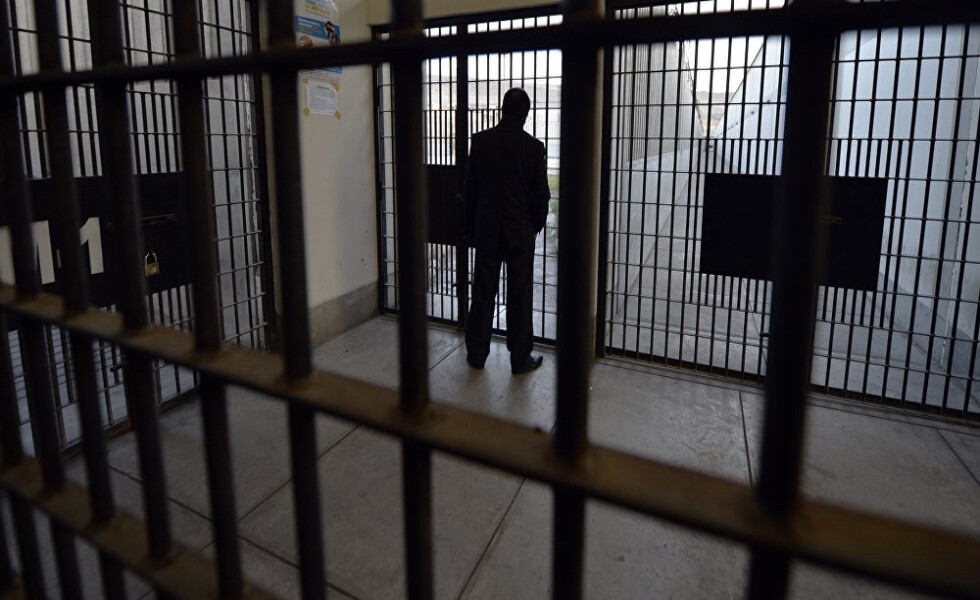
Two years ago, the government claimed that the prison system had been normalized through 'Operation Veneratio,' but this assertion has been completely discredited by the escape of eight high-risk inmates from the Minga Guazú maximum security prison. This incident starkly reveals the negligence and, more seriously, the powerful influence of organized crime that still pervades the Paraguayan prison system.
The escape from the Minga Guazú maximum security prison last week is not an isolated incident. On the same day, a riot occurred at the Misiones prison involving inmates identified as members of Brazil's largest criminal organization, the 'Primeiro Comando da Capital (PCC).' Among the eight inmates who escaped from Minga Guazú, four were PCC members, one was a follower of the 'Rotela Clan,' and the remaining three were high-risk criminals not affiliated with any specific criminal organization.
The escape of high-risk inmates from what was considered a maximum security facility caused immediate repercussions. Five prison employees were arrested, and the prison immediately initiated intervention measures. Julio Careaga was dismissed from his position as prison director, and soldiers responsible for perimeter security are also scheduled to undergo lie detector tests as part of the investigation. These actions follow the Minister of Justice's mention of "a high level of complicity in the escape."
Initial investigations revealed a delay in reporting the escape. According to the prison's closed-circuit television (CCTV) records, the escape occurred at 7:18 PM, but the Alto Paraná police's 911 system was notified at 8:24 PM. This nearly hour-long delay provided the escapees with ample time to flee.
The Minga Guazú Rehabilitation Center is equipped with an artificial intelligence-based surveillance system and motion detection alarms. The investigation revealed that guards left their surveillance posts during the time inmates were moved to a small area for sun exposure. Additionally, a guard is accused of providing an object that could be used to open cell doors locked with handcuffs. At the time of the escape, the prison director was in a break room and was not informed of the incident until almost 30 minutes after it occurred.
Shattered Trust, A Recurring Vicious Cycle
This incident starkly demonstrates the hollowness of past promises. Following the intervention at the Tacumbú prison and the tragic events there, the government pledged to restore state control over prisons and fulfill its responsibilities. Tacumbú prison, neglected for years, had been taken over by incarcerated criminal organizations exploiting the power vacuum left by the state. In particular, the Rotela Clan, specializing in small-scale drug trafficking, significantly controlled drug smuggling in and out of the prison, reportedly earning around 250 million guaraníes (PYG) weekly. There are also allegations that some of this money flowed to prison and judicial authorities.
Reform of the prison system cannot be achieved through mere plans or legislation. Eradicating organized crime groups within prisons, such as the PCC, Comando Vermelho, and Rotela Clan, and restoring state sovereignty requires immense effort and a constant fight against corruption.
Tragedy and Human Rights Violations Born of State Absence
The absence of the state within prisons has transformed them into a highly profitable business for a select few, resulting in the violation of the rights of the majority of inmates. A more serious issue is that 70% of inmates in the Paraguayan prison system are pre-trial detainees who have not yet been convicted. They endure their days without even basic human rights being properly guaranteed.
It is an unacceptable reality that Paraguayan prisons operate like 'concentration camps' where individuals must survive in subhuman conditions without basic food, medical services, or adequate facilities. Furthermore, the situation where criminal organizations seize control of prisons due to the absence of state institutions can no longer be tolerated.
Call for Fundamental Reform and Strong Will
The recent escape from the Minga Guazú prison has once again starkly revealed the serious problems within the Paraguayan prison system. The government must no longer remain complacent and must immediately implement practical measures for fundamental reform of the prison system. This involves not only strengthening security but also encompassing broad and in-depth changes such as ensuring transparency in prison operations, eradicating corruption, protecting the human rights of inmates, and establishing a rehabilitation system.
The joint efforts of the government, the judiciary, and the entire civil society are essential to restore state control and realize justice. This incident should not be dismissed as a mere happening but should serve as a wake-up call for the safety and justice of Paraguayan society as a whole.
[Copyright (c) Global Economic Times. All Rights Reserved.]






























